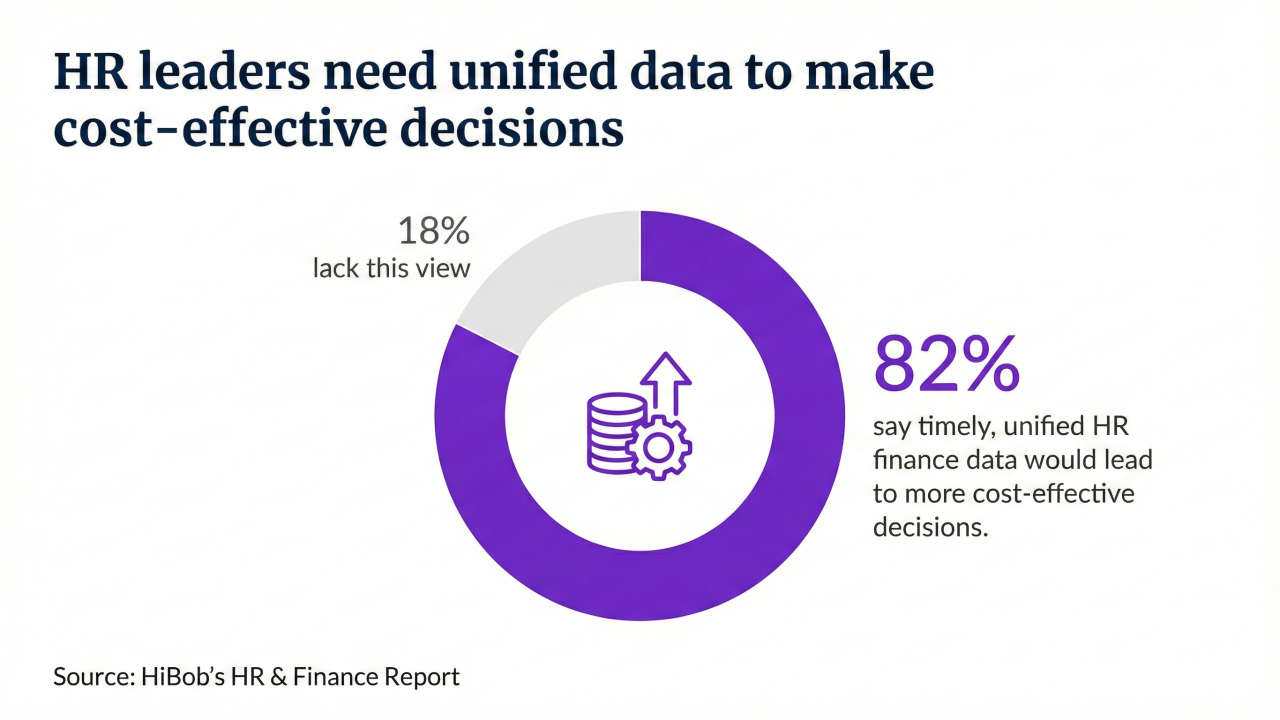The Supreme Court announced last week that it would review cases involving the constitutionality of the Defense of Marriage Act and the validity of California’s Proposition 8.
Several district courts already have ruled
“If they strike [DOMA] down, that has huge implications for federal benefits, but it won’t change the fact it only impacts people in states where [same-sex] marriage is legal,” says Todd Solomon, a partner with McDermott Will & Emery LLP.
The Supreme Court is looking at Windsor v. United States, an estate case in which an inheritance in a state-recognized same-sex marriage was subject to federal estate tax. Had the marriage been recognized at the federal level, the inheritance would have qualified for a spousal exemption and not been subject to the estate tax.
“There were several other DOMA cases that the Court did not take up and there’s a lot of speculation about why they picked up that case and not others and how that might affect how broad or narrow the ruling might be,” says Solomon. “But that’s all speculation and no one really knows.”
Prop 8 was a California ballot proposition and a state constitutional amendment passed in the November 2008 state elections that added a new provision providing that only marriage between a man and a woman is valid or recognized in California. Its passage overturned the California Supreme Court’s ruling that same-sex couples have a constitutional right to marry.
And while Prop 8 arguably affects only California, “there’s a school of thought that that ruling has potential to be the one of broader application,” Solomon says. “If they were to rule, for example, that Proposition 8 is not constitutional but that states can amend their constitutions to regulate marriage, that could have broader implications outside of California.”
Rulings are expected before next June.
“Until all 50 states have the same definition of marriage, there’s still going to be complications and tax issues that arise,” says Solomon. “There are, arguably, more complications for plan sponsors if DOMA goes away because then they’re imputing income for some domestic partners and not others.”
For example, without DOMA, same-sex couples who were legally married spouses in a state that recognizes same-sex marriage would become spouses under federal law so they wouldn’t have to pay federal tax. But an unmarried couple that is just in a domestic partnership — not a marriage — would still have to pay income tax on the value of the benefits.
“It’s not necessarily going to get simpler right off the bat [if DOMA is struck down],” says Solomon. “It would be a huge win for gay and lesbian employees. If they live in a state that recognizes same-sex marriage they’ll be able to obtain tax benefits and federal benefits such as Social Security. But from a plan administrator’s perspective, it doesn’t necessarily eliminate the need for the administrative procedures they have in place.”





